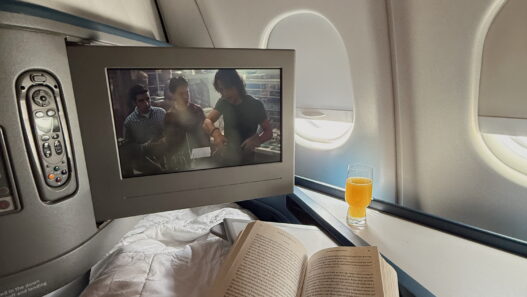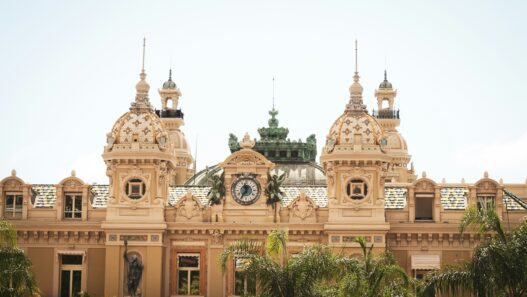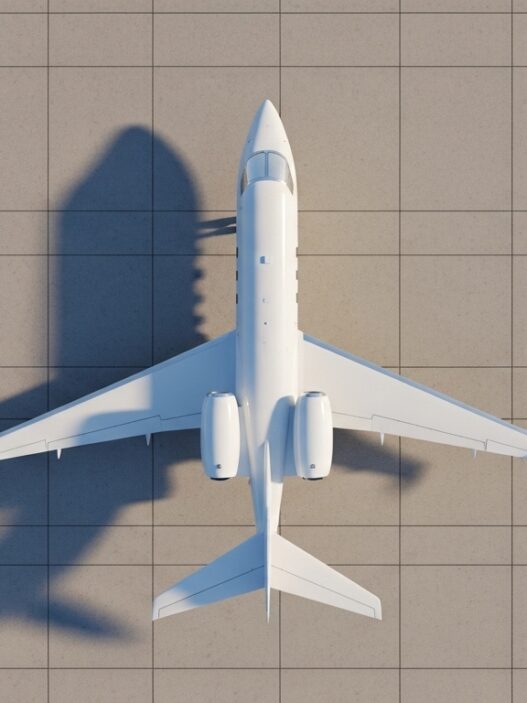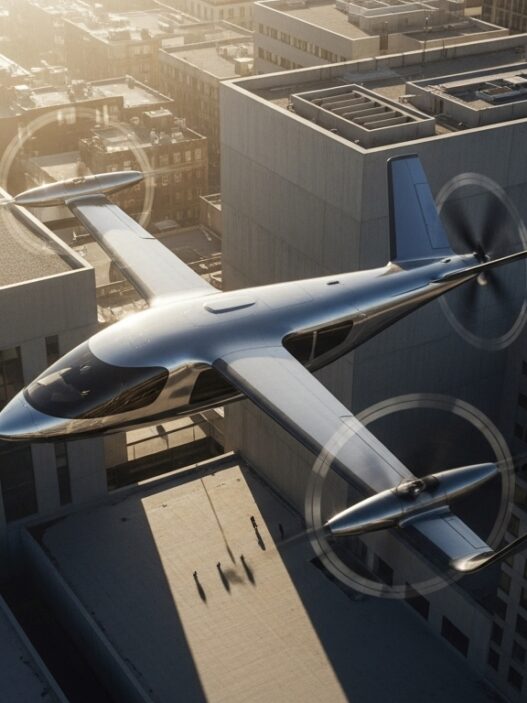In the heart of Central America, El Salvador is undergoing a dramatic transformation. Known for its pristine Pacific coastlines, vibrant culture, and now—thanks to President Nayib Bukele—its bold infrastructural projects, the country is making headlines yet again. The latest? A new international airport set to redefine the travel and tourism experience in El Salvador, especially for those flying private.
As part of Bukele’s ambitious “Surf City” and “Bitcoin Nation” campaigns, this airport is more than just a terminal—it’s a statement of progress, innovation, and luxury travel.
A Vision Takes Off: Why a New Airport?
El Salvador already has one international airport—Monseñor Óscar Arnulfo Romero International Airport (SAL)—which has served the nation since the 1980s. But as the country opens its doors to global investment, luxury tourism, and tech entrepreneurs, the demand for a second, more specialized airport has become urgent.
Located in La Unión, near the Gulf of Fonseca, the new airport—unofficially dubbed “Bukele International”—promises to open up the eastern region of the country, a previously underserved but strategically important area.
Designed for the Future of Private Aviation
Private aviation is central to this new airport’s blueprint. As more ultra-high-net-worth individuals look for off-the-beaten-path destinations without sacrificing convenience, private jet traffic to emerging markets is on the rise. Bukele’s administration has been quick to respond.
The new airport features:
- Dedicated VIP terminals for private jets
- Short taxi times from runway to gate
- Helipad access for quick transfers to coastal resorts
- Ultra-modern hangar space for aircraft storage
- Fast-track immigration and customs clearance
These elements make it a compelling hub for both private flyers and charter companies looking to expand into Central America.
Strategic Location: Connecting the Trifecta of Land, Air, and Sea
One of the most exciting aspects of the new airport is its proximity to La Unión Port, a deep-water port that has long been considered underutilized. This makes the location ideal for a multi-modal luxury experience—a seamless journey from private jet to yacht or helicopter, unlocking the full potential of El Salvador’s natural assets.
Private aviation companies are already exploring packages that combine jet charters to Bukele Airport with luxury yacht rentals along the Pacific coast or helicopter rides to surf spots like El Zonte and Las Flores.

What It Means for Private Jet Travelers
For frequent private flyers, this airport adds another strategic destination to the map. El Salvador offers no landing fees for small private aircraft, competitive fuel prices, and Bitcoin payment options for aviation services—making it one of the most cost-effective luxury destinations in the region.
Moreover, the country’s pro-business visa policies and low tax environment make it appealing for digital nomads, crypto entrepreneurs, and international investors seeking both adventure and financial advantage.
Timeline and Impact
The airport project is expected to be operational by late 2025, with some facilities potentially opening earlier. Once complete, it’s projected to handle over 1 million passengers annually, with 15-20% of those via private or charter flights—a huge percentage compared to global averages.
The impact extends beyond tourism. It’s estimated the airport will generate over 5,000 jobs, attract foreign direct investment, and turn El Salvador into a logistics and tech hub for Central America.

Challenges Ahead
No grand vision comes without challenges. Environmental concerns have been raised, especially around protected mangrove areas near the site. There are also geopolitical sensitivities, given the airport’s proximity to both Nicaragua and Honduras.
However, Bukele’s administration has been quick to dismiss concerns, promising full compliance with international environmental standards and emphasizing the project’s long-term benefits.
Final Thoughts: A Gateway to a New El Salvador
With a combination of bold leadership, innovative planning, and an eye toward luxury and convenience, El Salvador’s new international airport is set to become a regional game-changer. For the private aviation world, it offers a rare opportunity: a new hub, minimal red tape, world-class infrastructure, and first-mover advantage.
Private charter companies, jet owners, and luxury travelers would be wise to keep their eyes on Bukele’s latest project—it might just be the next hotspot in private aviation.





















